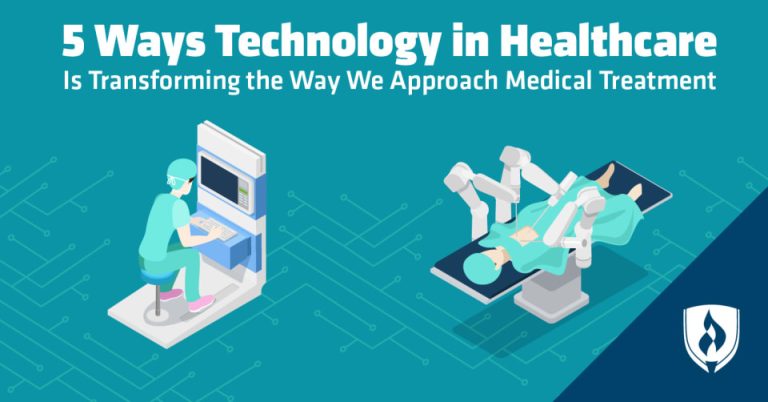Global Healthcare Solutions: Unlocking Access with Multilingual Medical Translations
In today’s interconnected world, access to quality healthcare is a fundamental human right. However, language barriers often present significant obstacles for patients seeking medical care, leading to misunderstandings, misdiagnoses, and compromised health outcomes.
Multilingual medical translation services play a pivotal role in breaking down these barriers, ensuring that patients receive the best possible care regardless of the language they speak.
In this article, we explore the importance of multilingual medical translations in global healthcare solutions.
The Challenge of Language Barriers in Healthcare
Language barriers are a pervasive issue in healthcare settings around the world. For patients who are not proficient in the language spoken by their healthcare providers, communicating symptoms, understanding diagnoses, and following treatment plans can be incredibly challenging.
This can lead to serious consequences, including delayed care, inappropriate treatment, and increased healthcare costs. Moreover, the consequences of language barriers extend beyond individual patient interactions. In multicultural societies and globalized healthcare systems, medical documents, research papers, and clinical trials are often published in a single language, limiting access to vital information for non-English speakers.
This disparity in access to medical information exacerbates existing healthcare inequalities and hinders efforts to advance medical research and innovation on a global scale.
The Role of Multilingual Medical Translation Services
Multilingual medical translation services play a crucial role in addressing these challenges and improving healthcare access for individuals from diverse linguistic backgrounds. By translating a wide range of medical documents, including patient records, medical reports, clinical trials, and research papers, into over 120 languages, these services ensure that vital health information is accessible to all.
One of the key benefits of multilingual medical translations is the ability to facilitate clear and accurate communication between healthcare providers and patients. By translating medical information into the patient’s native language, these services enable patients to fully understand their diagnoses, treatment options, and medication instructions, empowering them to make informed decisions about their healthcare.
Additionally, multilingual medical translations are essential for promoting cultural competence and sensitivity in healthcare delivery. By respecting the linguistic and cultural diversity of patients, healthcare providers can build trust and rapport with patients from different backgrounds, leading to better patient outcomes and satisfaction.
Furthermore, multilingual medical translations are instrumental in advancing medical research and innovation on a global scale. By making research findings and clinical trial data accessible to researchers, healthcare professionals, and policymakers worldwide, these translations facilitate collaboration and knowledge sharing across borders, driving progress in the field of medicine.
Challenges and Considerations
Despite the undeniable benefits of multilingual medical translations, several challenges and considerations must be addressed to ensure their effectiveness and reliability. One of the primary challenges is maintaining accuracy and consistency in translation, particularly when dealing with complex medical terminology and concepts. To address this challenge, it is essential to work with qualified translators who have expertise in both medical terminology and the target language.
Another consideration is the importance of respecting cultural nuances and sensitivities in medical translations. Healthcare practices and beliefs vary widely across cultures, and it is essential to ensure that translations are culturally appropriate and sensitive to the needs of diverse patient populations.
Additionally, the use of technology, such as machine translation and artificial intelligence, has the potential to enhance the efficiency and scalability of medical translations. However, it is essential to recognize the limitations of technology and the importance of human oversight in ensuring the accuracy and quality of translations, particularly in medical contexts where accuracy is paramount.
Conclusion
In conclusion, multilingual medical translation services play a vital role in unlocking access to quality healthcare for individuals from diverse linguistic backgrounds. By facilitating clear and accurate communication between healthcare providers and patients, promoting cultural competence and sensitivity, and advancing medical research and innovation on a global scale, these services contribute to improved health outcomes and increased healthcare equity worldwide.
As we continue to strive for inclusive and equitable healthcare systems, investing in multilingual medical translations is not only a practical necessity but also a moral imperative. By breaking down language barriers and ensuring that healthcare information is accessible to all, we can create a more just and compassionate world where everyone has the opportunity to lead healthy and fulfilling lives.
Read also: ACHIEVE YOUR FITNESS GOALS




